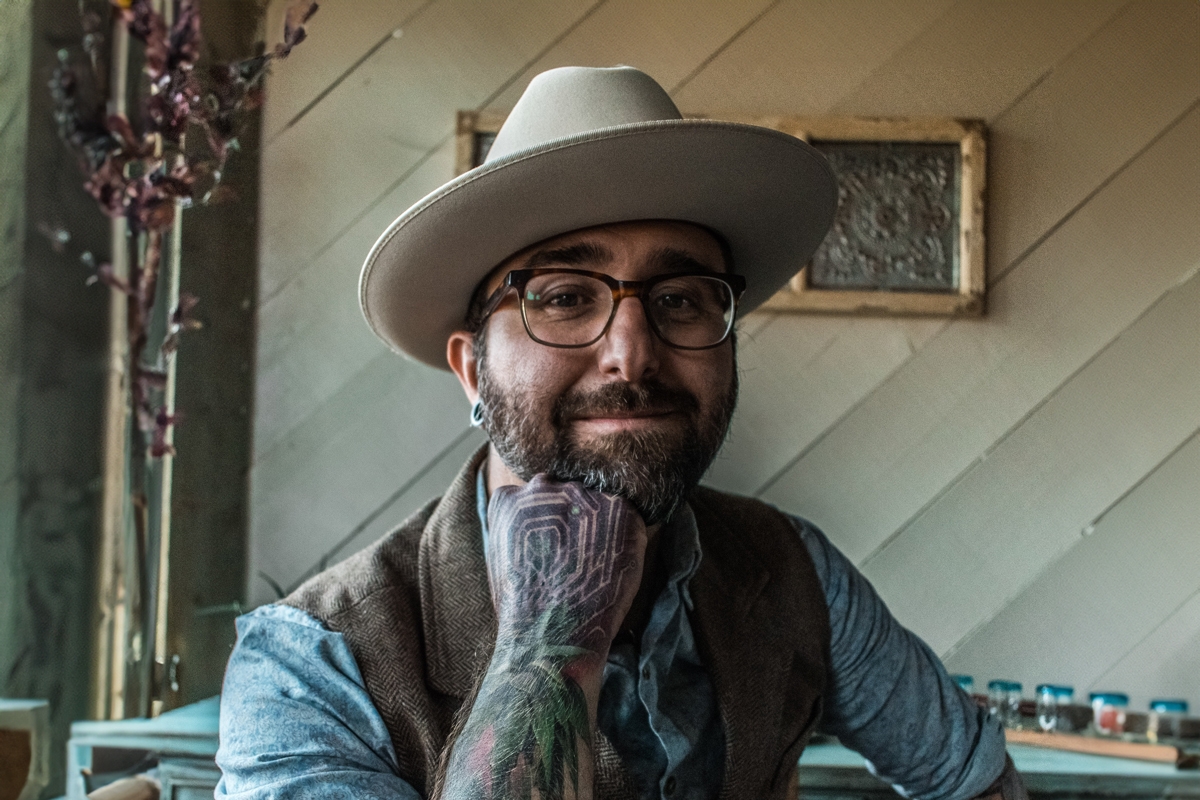Lewis Borck, Ph.D., the Horizon Chair in Native American History and Culture in the Department of Native American Studies, coauthored an essay published in American Anthropologist that examines how researchers create and naturalize myths about history and society.
Borck is a member and co-founder of an international collective of archaeologists working to remove barriers that keep students from underrepresented backgrounds out of archaeology and heritage work. Researchers from the Black Trowel Collective were invited to author the Year-In-Review essay, “Archaeology in 2022:Counter-myths for hopeful futures.”
Borck says these myths are often “used to support colonial assumptions and decisions in society and that there is equally valid, data-supported research that demonstrates that many histories we take for granted are less about fact and more about ideology and justifying current woes.”
The article takes aim at claims that archaeology is neutral; humans are by nature selfish, competitive, and power-hungry; the current order was and is inevitable; and that the future will necessarily follow how things are going in the present.
The authors instead post four “counter-myths” that highlight the dynamic and political state of archaeological and heritage practices, the collaborative and cooperative nature of communities, the many forms societies take as they care for their members, and the role of the past in shaping what is thought of as possible in the future.
Read the full open-access essay at https://anthrosource.onlinelibrary.wiley.com/doi/10.1111/aman.13940.


